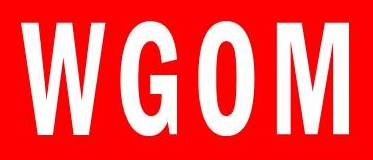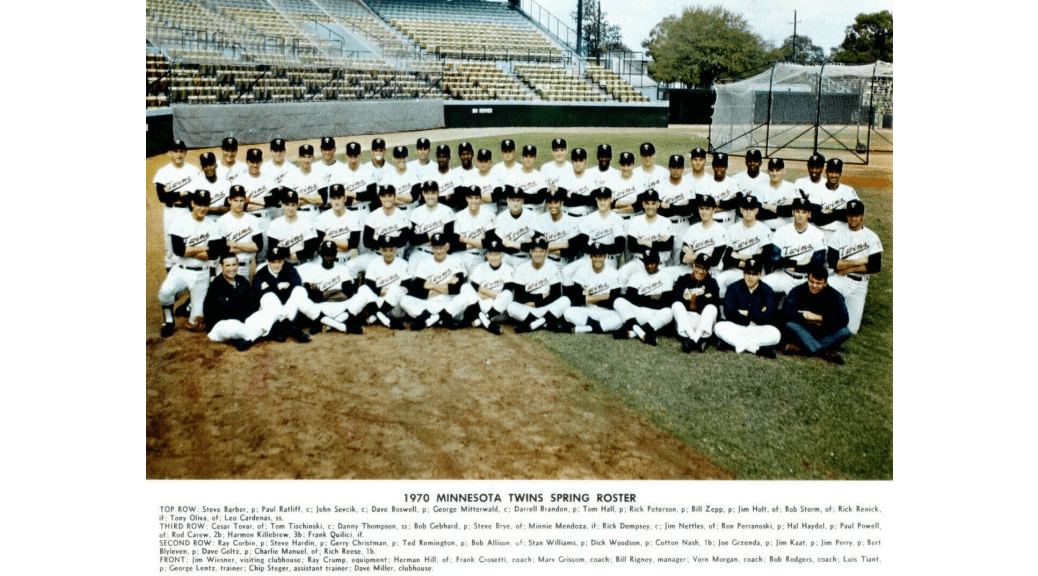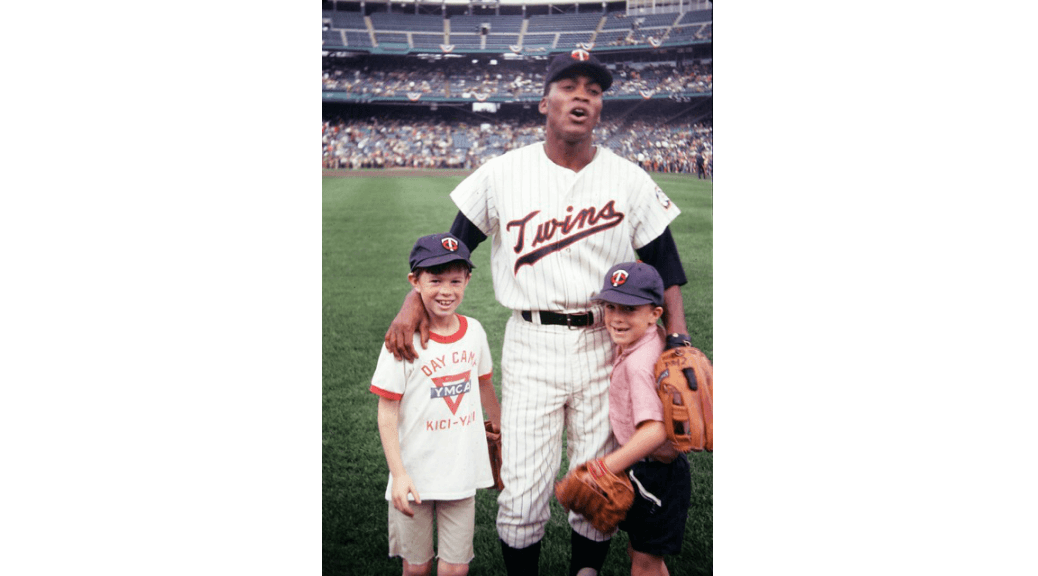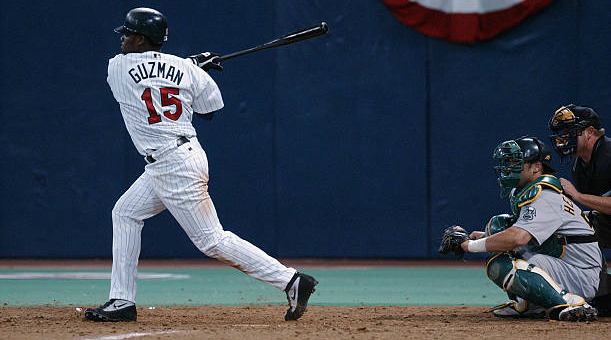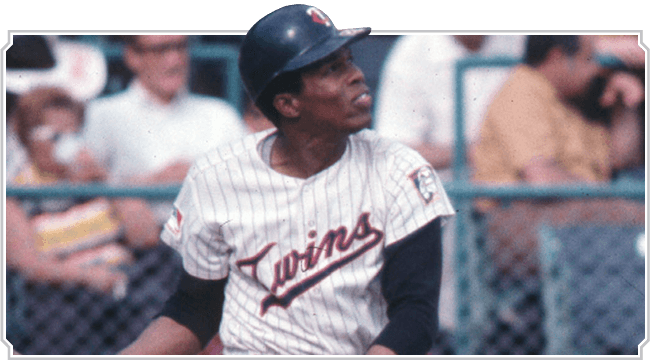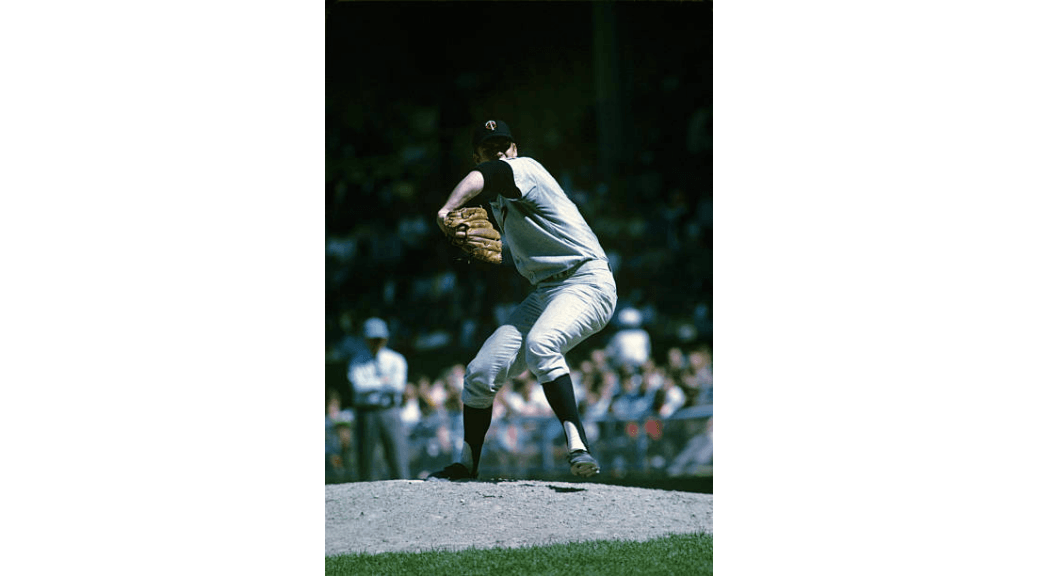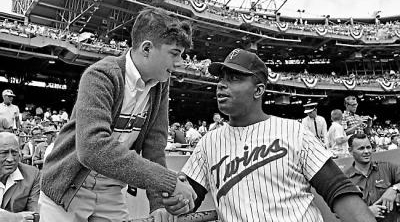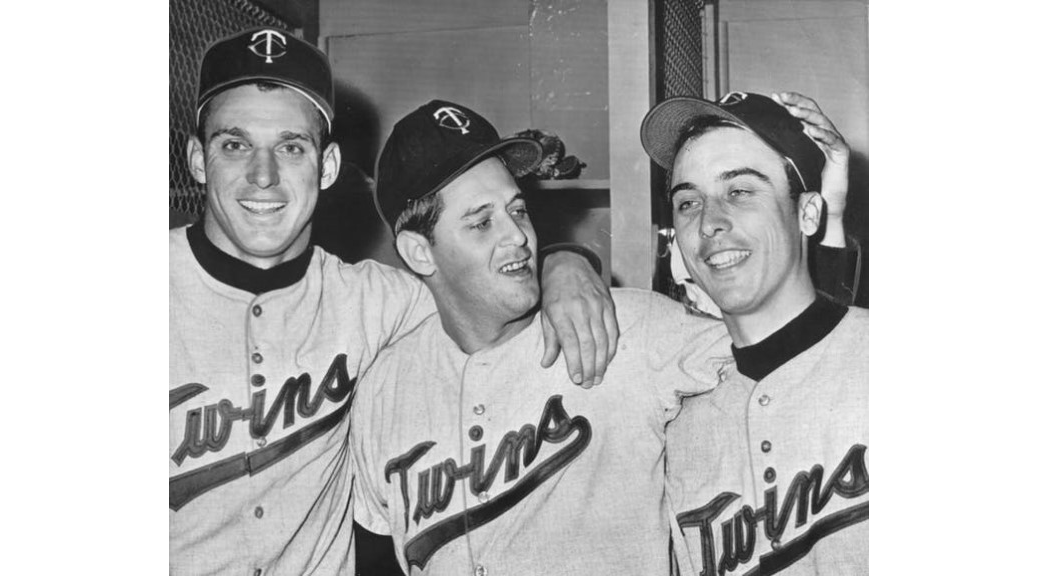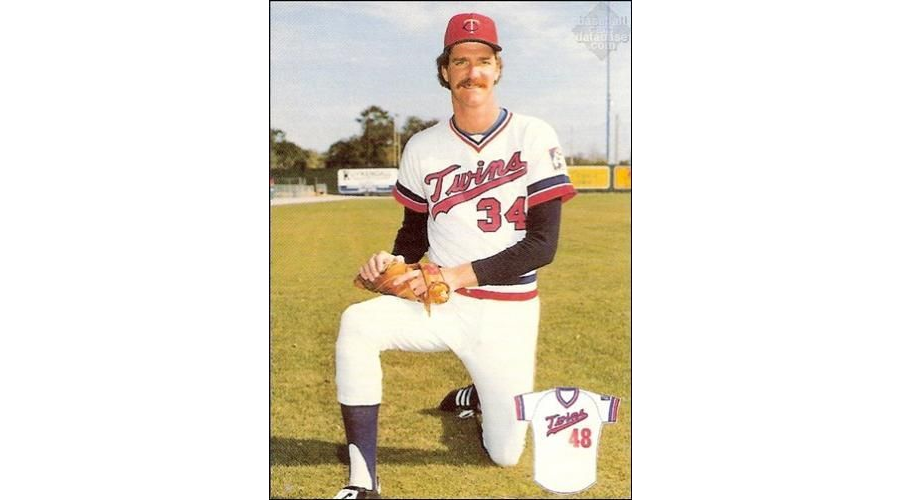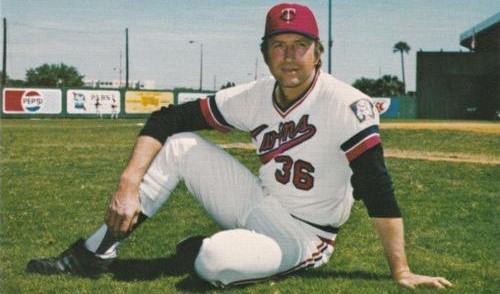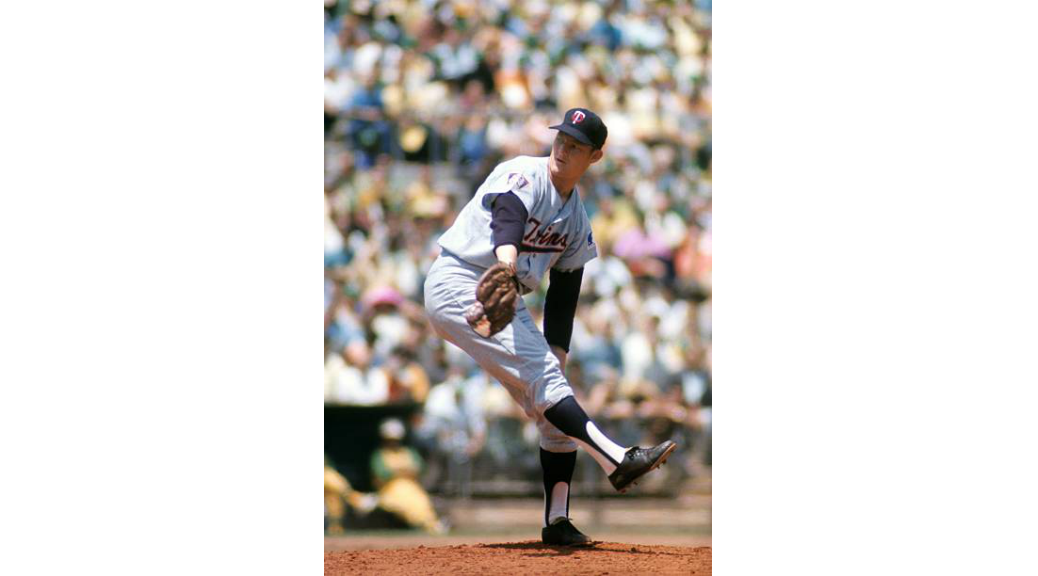CHICAGO 7, MINNESOTA 5 IN MINNESOTA
Date: Thursday, April 23.
Batting stars: Paul Ratliff was 2-for-3 with two runs. Cesar Tovar was 2-for-4 with a stolen base, his fifth.
Pitching stars: Steve Barber pitched 2.2 innings, giving up one run on four hits and a walk and striking out two. Stan Williams struck out two in a scoreless inning, giving up on hit.
Opposition stars: Luis Aparicio was 3-for-4 with a walk and two RBIs. Bobby Knoop was 3-for-5 with a home run, his second. Gail Hopkins was 2-for-3 with a double.
The game: Each team got a man to second in the first, but there was no score until the second, when Hopkins doubled and scored on Buddy Bradford's single. The White Sox put two on again in the third and scored again in the fourth on singles by Bradford, Knoop, and Aparicio.
The Twins got on the board in the fifth: Ratliff singled, Leo Cardenas walked, a bunt advanced the runners, and a sacrifice fly scored Ratliff. Chicago got the run back in the sixth when Knoop singled, was bunted to second, and scored on an Aparicio single.
The Twins took the lead in the bottom of the sixth. With one out Harmon Killebrew walked and Rich Reese singled. With two out Ratliff delivered an RBI single and Cardenas followed with a two-run double, putting the Twins up 4-3. They put two in the seventh with one out, but did not add to their lead.
It cost them, as Chicago went into the lead to stay in the eighth. Knoop led off the inning with a home run to tie the score. Syd O'Brien pinch-hit a single and was bunted to second, with bunter Walt Williams also reaching base on a fielder's choice. Aparicio then reached on a three-base error on pitcher Ron Perranoski, putting the White Sox up 6-4. A sacrifice fly then made it 7-4.
The Twins got one in the ninth. Tovar singled and went to second on a wild pitch. Killebrew reached on an error, scoring Tovar and bringing the winning run up to bat. But pinch-hitter Rick Renick flied out to center to end the game.
WP: Tommie Sisk (1-0).
LP: Perranoski (0-1).
S: Wilbur Wood (3).
Notes: Ratliff was again behind the plate in place of George Mitterwald. Mitterwald would pinch-hit for him in the eighth and go behind the plate.
Rod Carew started the game, but was pinch-hit for in the first inning by Minnie Mendoza. One assumes he was dealing with an injury or illness. Charlie Manuel and Bob Allison pinch-hit for pitchers. It was the first action Allison had seen in what would be his last season. Jim Holt replaced Brant Alyea in left field in the seventh. Renick pinch-hit for Reese in the ninth.
Bill Zepp started and pitched three innings, giving up two runs (one earned) on seven hits and one walk and striking out one.
Alyea was 0-for-2 and was batting .419. Tovar was batting .383. Tony Oliva was 1-for-5 and was batting .340. Ratliff was batting .333. Manuel was 0-for-1 and was batting .333. Killebrew was 1-for-4 and was batting .324. Holt and Renick were each 0-for-1 and each was batting .300. Zepp had an ERA of 2.25. Perranoski gave up four runs (one earned) in two innings and had an ERA of 2.53. Tom Hall struck out the only man he faced and had an ERA of zero. Williams also had an ERA of zero.
Reese was 1-for-4 and was batting .161.
This was the last good season Perranoski would have, and part of the reason may be that Bill Rigney seemed determined to drive him into the ground in April. In the space of five games, Perranoski had come in four times, pitching a total of 8.2 innings. I know men were men back then, but even so, this seems like overdoing it, especially in the first month of the season.
The White Sox' starter was Gerry Janeski. He pitched 5.2 innings, allowing four runs on five hits and three walks and striking out four. He was a rookie, and this was just his third major league start. He started the season strong, with a 2.91 ERA in his first eight starts, but would end going 10-17, 4.77, 1.51 WHIP. 1970 was his only full major league season. He would be traded to Washington after the season and would make 27 more appearances (11 starts) over two seasons for the Senators/Rangers. His career numbers were 11-23, 4.73, 1.55 WHIP. After baseball, Janeski had a successful career in real estate in California.
This would be the last win of Tommie Sisk's career. He'd had some solid seasons with PIttsburgh, but had a poor year in 1969 with the expansion San Diego Padres and would struggle in 1970, his last major league season. The White Sox traded him to Cleveland in June and he was traded to Montreal after the season, but he never pitched in the majors for either of those clubs.
The loss snapped a four game winning streak for the Twins. They had won four, lost two, then won four again. We'll see if they go on to lose two again.
Record: The Twins were 8-3, in first place in the American League West by winning percentage, but a half game behind California.
